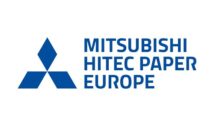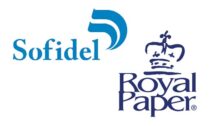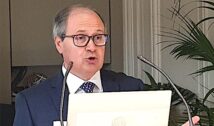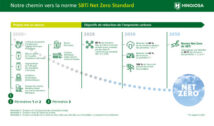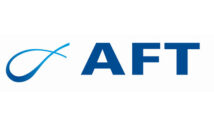
UPM has completed its company-wide pay equity review and now eliminates unexplained gender pay gaps – that is, differences not justified by, for example, work performance, experience, job level or location. Although UPM salaries and wages are mostly equitable, approximately 2.3% of UPM employees, or 400 UPMers, will receive a pay adjustment. UPM has employees in 46 countries and the pay gaps were identified in 10 countries. The pay adjustments will be implemented as of 1 January 2022, simultaneously in all locations.
”It’s a generally known that regardless of industry women tend to be paid less than men. UPM is among the few frontrunner companies that have carried out a thorough global pay gap review and then taken initiative to correct what needs to be corrected,” says Riitta Savonlahti, Executive Vice President, Human resources.
Based on the analysis, the gender pay gaps typically originated from a lower starting salary. This kind of a gap can be difficult to catch up later, even if a person would receive regular salary increases during their career. Therfore additional pay gap adjustment is needed.
“I find it important that we also address the root cause of the gender pay gap by ensuring equitable starting salaries in the future. We will also continue monitoring the development of the pay equity annually and make corrections, when necessary,” says Savonlahti and continues:
“Diversity and inclusion are important objectives in UPM. It was very encouraging that based on the review, UPM’s performance based annual salary reviews, promotions and bonus decisions were free of any gender-related disparities. We want to be an attractive employer that offers fair pay and equal career opportunities for all now and in the future.”
UPM has made equity reviews and handled those with employee representatives as required by the law. In May 2021, UPM announced its global pay gap review and plan to close the gender pay gaps with its own initiative. The expertise of an independent third-party was used in the pay equity review that was carried out in 2021.


